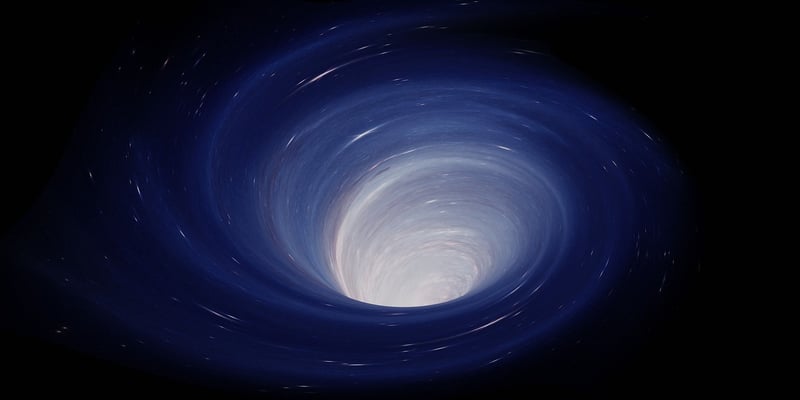Quantum Portals
Unlocking the Secrets of Time Travel: Methods and Quantum Portals
Time travel has long been a fascinating concept in science fiction, but recent advancements in quantum physics have sparked new interest and discussions about the possibility of traversing through time. While traditional methods of time travel remain in the realm of imagination, the concept of quantum portals offers a unique perspective on how we might one day unlock the mysteries of temporal displacement.
Methods of Time Travel:
1. Wormholes:
Wormholes are theoretical passages through spacetime that could create shortcuts for long journeys across the universe or even enable time travel. While wormholes are mathematically possible according to Einstein's theory of general relativity, their stability and existence in reality remain unknown.
2. Time Dilation:
Time dilation occurs when an object moves at speeds approaching the speed of light, causing time to pass more slowly relative to a stationary observer. This phenomenon, predicted by Einstein's theory of special relativity, has been observed in experiments involving high-speed particles.
3. Tipler Cylinder:
The Tipler Cylinder is a hypothetical time machine proposed by physicist Frank J. Tipler. It involves a massive rotating cylinder that could theoretically twist spacetime in a way that allows for time travel into the past. However, the energy requirements and practicality of such a device are currently beyond our technological capabilities.
Quantum Portals:
Quantum portals, also known as quantum gateways or quantum tunnels, are theoretical constructs based on the principles of quantum entanglement and superposition. In quantum physics, particles can be connected across vast distances instantaneously, suggesting the potential for instantaneous communication or travel between distant points in spacetime.
While the concept of quantum portals remains speculative, ongoing research in quantum mechanics and quantum computing continues to push the boundaries of our understanding of the quantum world. The exploration of quantum entanglement and superposition may one day lead to practical applications that could revolutionize our perception of time and space.
Conclusion:
Time travel, whether through traditional methods or quantum portals, captivates the imagination and challenges our understanding of the universe. While we may not yet possess the technology to build a time machine or open a quantum portal, the pursuit of knowledge and exploration of the laws of physics bring us closer to unraveling the mysteries of time itself.
As we continue to delve deeper into the realms of quantum mechanics and theoretical physics, who knows what discoveries and innovations the future may hold in store for humanity.


For further reading on the topic of time travel and quantum physics, you may find the following resources helpful:
